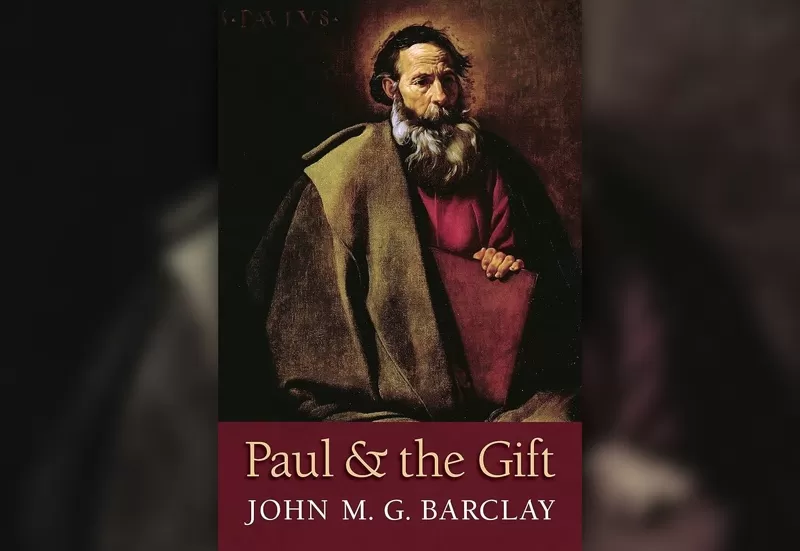Interview with Sean Finnegan about In the Form of a God
I recently did a long and enjoyable interview with Sean Finnegan, talking about my book In the Form of a God: The Pre-existence of the Exalted Christ in Paul. Sean is lead pastor of Living Hope Community Church near Albany, New York, and teaches at Atlanta Bible College. He knows his stuff.





Recent comments